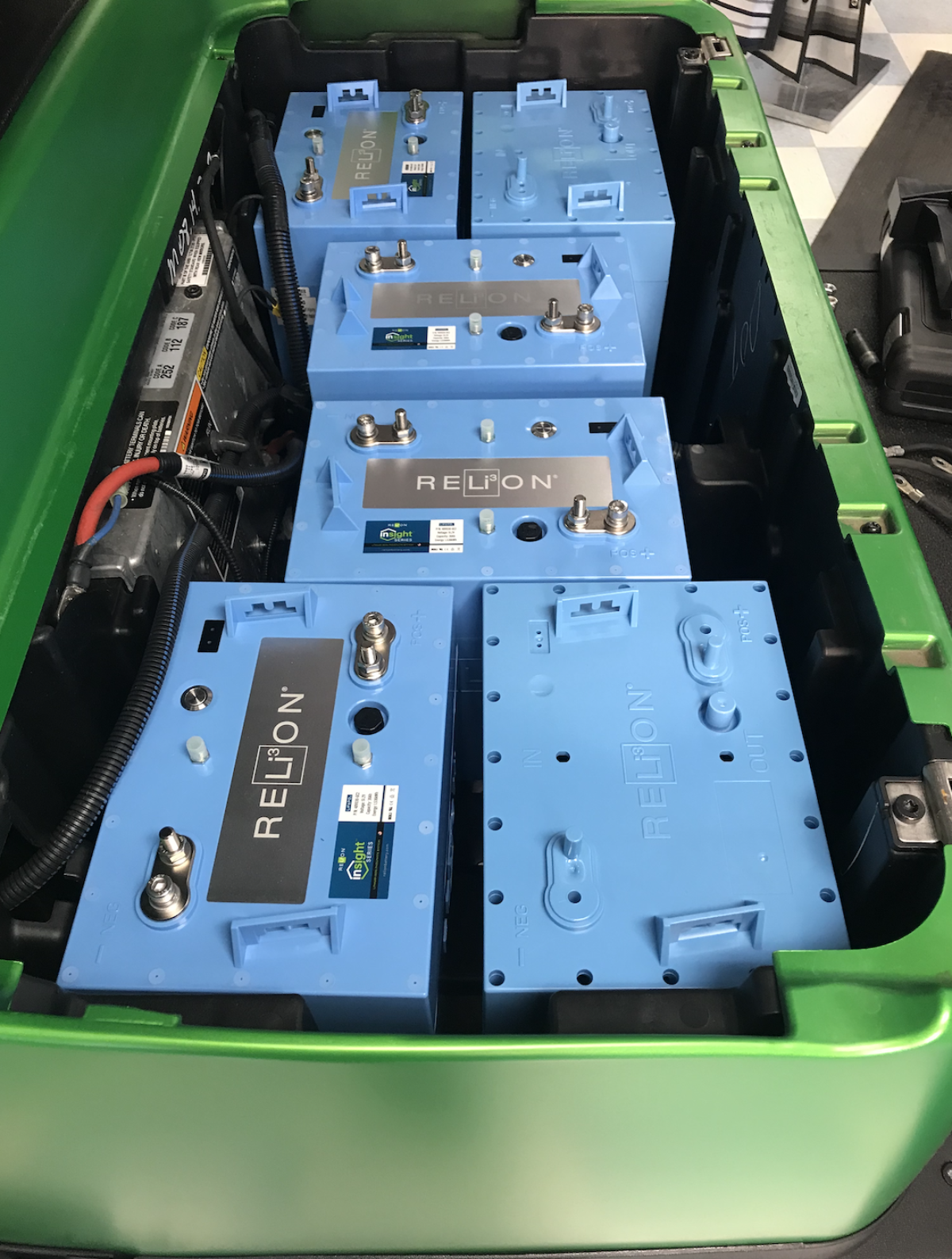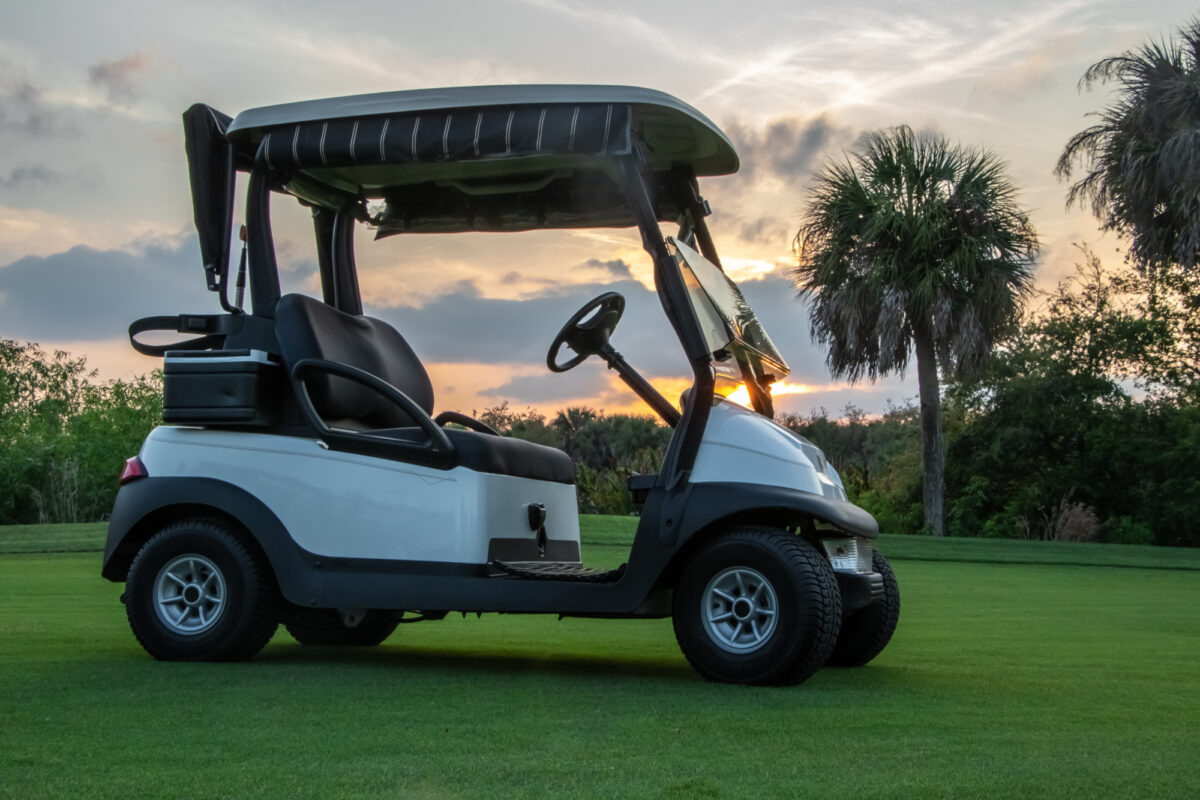

They are much safer, have a longer cycle life, higher temperature tolerance, lower self-discharge rate, and higher energy density, which makes them more efficient, durable, and reliable for golf carts. In summary, LFP batteries have many advantages over traditional lead-acid batteries for golf cart applications. This can reduce the overall weight of the golf cart, which can improve the performance and efficiency of the cart. This high energy density also allows for a smaller and lighter battery pack to store the same amount of energy as traditional lead-acid batteries. LFP batteries also have a very high energy density, which means that they can store more energy in a smaller space, which is particularly useful for golf cart applications where space is often limited. This is beneficial for golf carts, which may not be used for extended periods. Altogether, a conversion would cost 3845 and will provide a reported 2000 cycles at a lower energy content of 5120 watt-hours, versus 10,500 watt-hours for a. Our lithium solutions will give you less weight, more power. They are the same size as your current lead-acid batteries which allow you to convert your vehicle from lead-acid to lithium in less than 30 minutes. Golf carts are among the many vehicles that reap massive benefits from lithium batteries. While lithium-ion battery conversion kits are available online and at your local golf cart dealership, it's important to note. A lithium-ion battery conversion kit is required and can be purchased online or from a golf cart dealer. In addition, LFP batteries have a lower self-discharge rate compared to lead-acid batteries, which means that they can be stored for longer periods of time without losing their charge. Allied Lithium Batteries are the only true 'Drop-In-Ready' lithium batteries for Yamaha 48V golf carts. The process typically involves removing the old lead-acid batteries and wiring in the new lithium-ion battery pack. This is especially important in golf cart applications, where the batteries may be exposed to high temperatures on the course.

LFP batteries also have a higher temperature tolerance than lead-acid batteries, which means they can withstand higher temperatures without performance degradation. Golf course operators can save on the cost of replacements and downtime for maintenance with LFP batteries. This is especially beneficial for golf carts, which are often used frequently and for long periods of time. LFP batteries can be cycled for thousands of times with minimal capacity loss, which means that they can last for much longer than traditional lead-acid batteries. This is particularly important in golf cart applications where safety is a top priority for both the user and other people on the course.Īnother advantage of LFP batteries is their long cycle life. The use of lithium iron phosphate as the cathode material makes LFP batteries much more stable and less prone to overheating and catching fire compared to lead-acid batteries. One of the main advantages of LFP batteries is their excellent safety performance. Lithium iron phosphate (LiFePO4 or LFP) batteries have become increasingly popular in the golf cart industry due to their many advantages over traditional lead-acid batteries.


 0 kommentar(er)
0 kommentar(er)
